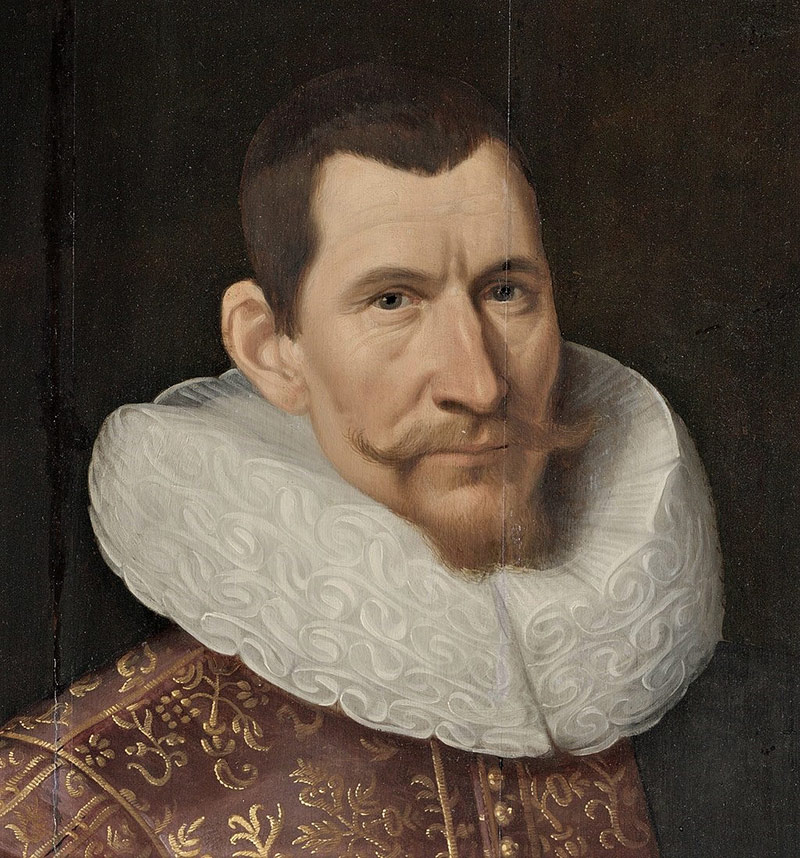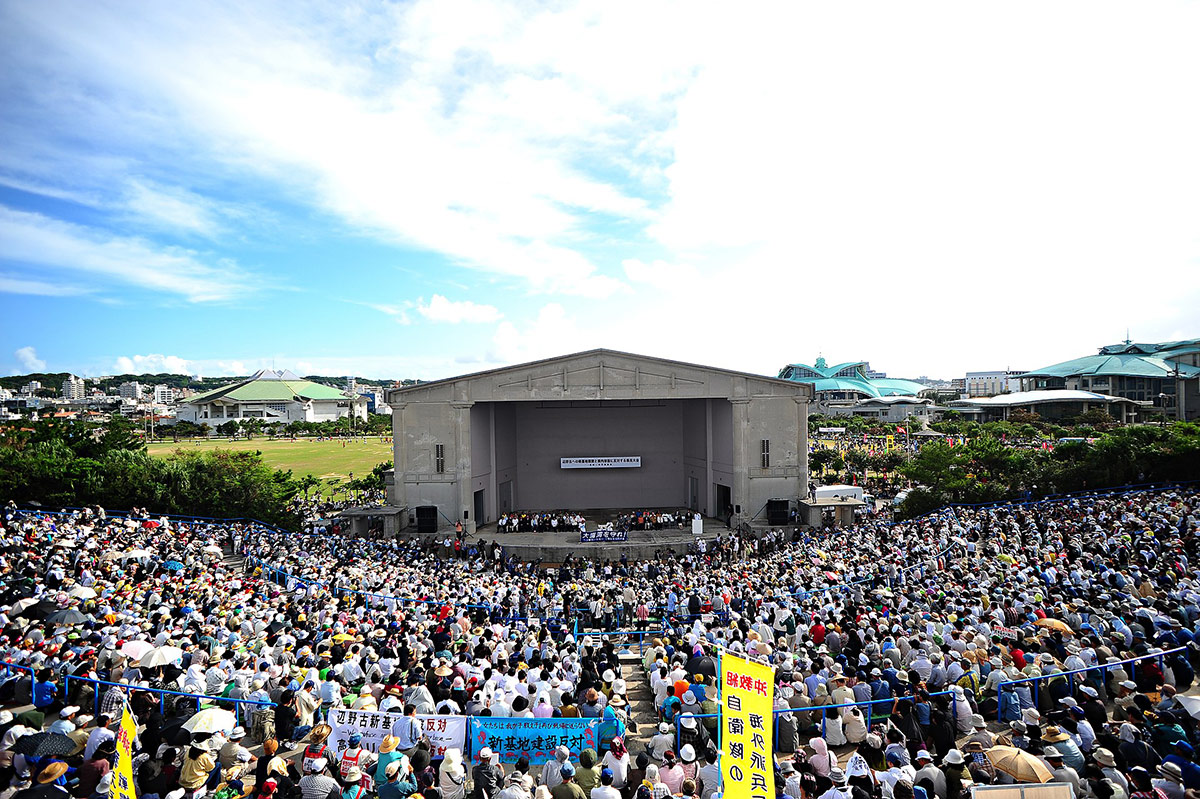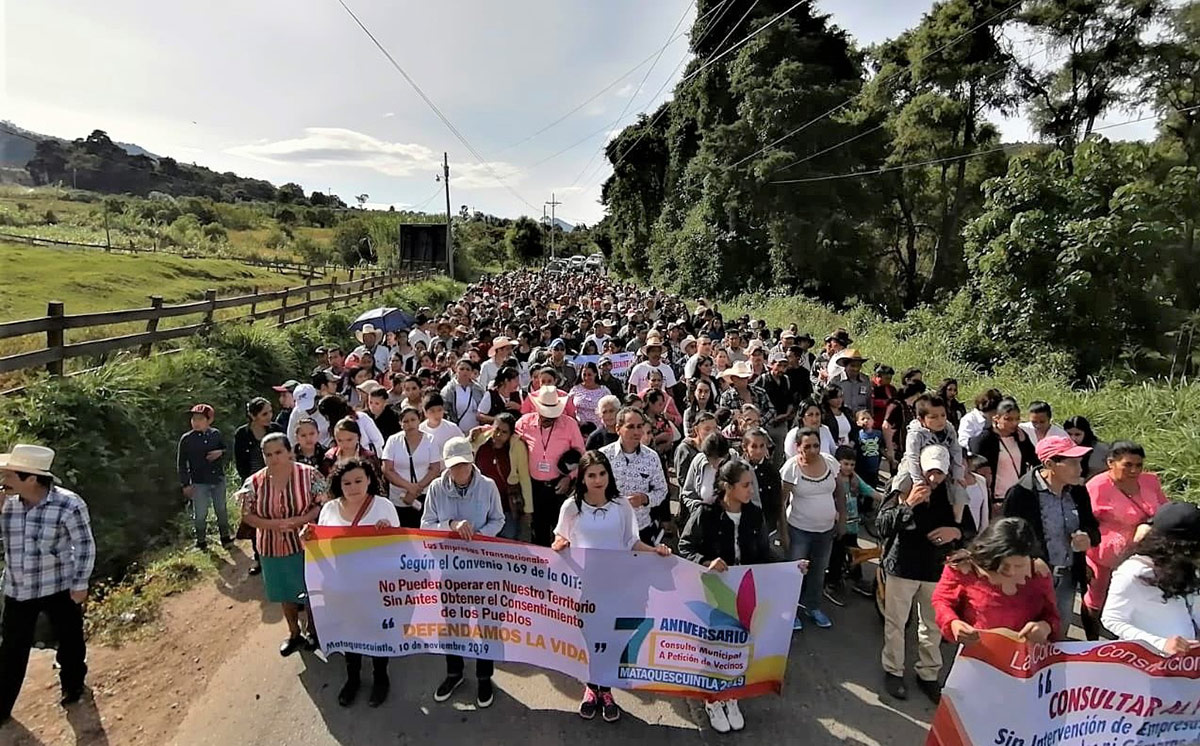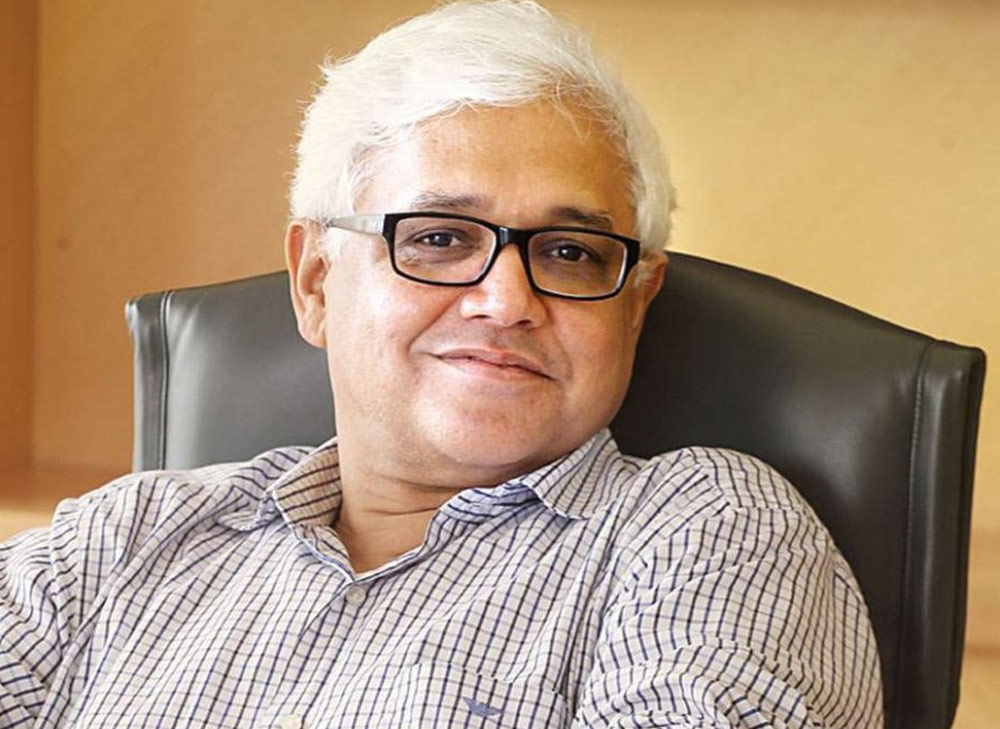- The Nutmeg’s Curse: Parables for a Planet in Crisis
- University of Chicago Press (2021)
Amitav Ghosh argues that our present grim condition stems directly from the birth of imperial capitalism in the 16th and 17th centuries. I believe he is right, but his book is too important for a routine review of its strengths and weaknesses. Instead, I’m going to sum up the components of the system he describes, show some of their impacts, and try to draw some conclusions for the present moment.
The Nutmeg’s Curse asserts that the modern world order, what I call the System, is built on four principles that guided the Dutch takeover of the Banda Islands in Indonesia in 1621: white supremacy, genocide, war and trade.
Jan Pieterszoon Coen, the governor general of the Dutch East Indies, wanted a monopoly over the nutmeg, mace and clove trade based in the Banda Islands. He got it in 1621 by massacring most of the inhabitants, driving the survivors out of the islands, and replacing the Bandanese with slave labour.
Ghosh finds this action typical of the System. Coen believed he had the right to take over other people’s land because he had the power to do so. He also believed that “There can be no trade without war, and no war without trade.”
A vast resource dump
Coen, Ghosh argues, was part of a small European elite directly engaged in the conquest of the non-European world. That elite had a very new philosophy. To most people, their lands and environments were living things that sustained them, defined them and carried their own meaning. Ghosh calls their beliefs “vitalism.”
But to Coen and the other elite Europeans, the whole world — animal, vegetable, mineral and human — was a vast, inert dump of resources, waiting to be seized and turned into European wealth through genocide (or slavery), trade and war.
It was a formula — a system — that flourishes to this day. Different European countries, and then their settler colonies, adopted it, prospered, fought one another, rose and fell. Those of us born since the start of the Second World War have lived in the American hegemony over the System, with Britain and its settler colonies reduced to satellites.
The great American conflict with Soviet communism turns out to have been just a falling-out among thieves. The Soviets believed in the System as well, slaughtered or exiled their conquered peoples, created deserts in their search for resources and pretended to give the wealth to the workers instead of the capitalists. Now a sequel looms: the Communist Party of China is running a hyper-capitalist system at the expense of its class and ethnic enemies, and challenging an American hegemony that seems to be falling apart.
Science and medicine at the System’s service
Modern science, technology and medicine are largely products of the System, funded and developed to help control imperial colonies and their people. Technology supplied war-winning weapons and valuable trade goods. When armies lost more soldiers to disease than to combat, medicine came to their rescue with drugs and vaccines. Civilians in the System also benefited, and scientific advances were claimed to show the System’s superiority over the knowledge of Indigenous peoples. (System scientists considered such knowledge the quaint mythology of dying cultures.)

Technology also came to the aid of the System in places like North America and Australia, where settlers “terraformed” the old environments into something like Europe’s — suitable for farming and raising livestock, but ruined for the Indigenous peoples who had lived well off their old ecosystems. The near-extinction of the bison was a deliberate policy intended to starve the Plains peoples of the U.S. and Canada into becoming dependents of government. The residential schools were the next genocidal step; Jan Coen destroyed the Bandanese in two months, but Ottawa was in no hurry.
They who control energy control the world
The System by the 19th century depended on energy to survive: first water to drive cotton mills, then coal to drive steam engines, eventually oil, gas and coal to drive everything. Fossil fuels themselves became a key commodity of trade and transport. The System rewards those who control the most energy (and who can keep rivals from access to energy). That’s not just to produce cars and concrete; it’s to run armed forces.
Almost as a throwaway line, Ghosh notes that military CO2 emissions are not included in discussions of climate change, even though such emissions are enormous. But no country is going to ground its air force, keep its navy in port and ask its army to walk to work. If anything, countries like China are promoting renewable energy for civilian production and transportation so that their armed forces will have plenty of fossil fuels. The implication is that political squabbles about halting climate change at 1.5 degrees are mere distractions. Our governments will burn fossil fuels until they themselves burn up.
The Second World War shook the System. Germany, Italy and Japan, latecomers, tried to establish their own empires. (Hitler admired the Americans’ westward expansion and their racial policies, and wanted to imitate them by expanding eastward into Russia and replacing the Slavs with German farmers.) The latecomers failed to realize their empire dreams. Instead, the postwar liquidation of the British, French, Belgian and Portuguese empires turned former colonies into countries that soon became some greater power’s client states.
A failing return on investment
The Americans built their own empire out of hundreds of military bases, not colonies. But their failures in Vietnam and Cuba, not to mention Iraq and Afghanistan, made even their own people skeptical. They were doing very much what Jan Coen had done in the Banda Islands: abusing the non-white locals, waging endless wars, trying to control trade. But they weren’t getting the return on investment that Coen’s East India Company had enjoyed.

The System’s racial, gender and class boundaries began to come apart. Black soldiers were integrated into the U.S. army, and Black pupils were integrated into white school. Working-class kids, including girls, were educated into a managerial and professional Brahmin Left that served the System, but had reservations about it. In Canada, Indigenous politicians learned more about the white system than white politicians learned from Indigenous peoples’ vitalist beliefs. In both countries, resource development and transport usually pre-empted Indigenous use of the land.
Economically, the System has evolved into neoliberalism, ever more focused on growth and the glorification of personal wealth as the only meaningful value. Modern billionaires, confident in the rightness conferred by their wealth and power, resemble the swashbuckling adventurers of Jan Coen’s era. As Ghosh observes, they even plan to migrate to Mars and terraform it — once they have killed this planet.
At about the same time as the rise of the billionaires, Brahmin scientists began to track climate change; Brahmin health-care workers struggled with chronically underfunded public health programs. They and their supporters wondered why scientific facts and findings were being ignored by highly educated (and very rich) politicians. The reason was simple: funded by the System, science and medicine were now pointing to the System as the cause of our major problems. To politicians running the System, this was an embarrassment at best and propaganda at worst.
If the System is natural, its enemies are unnatural
This happened as many Americans (and Canadians) yearned for a return to a mythical yesteryear of white male supremacy, but they kept quiet until the arrival of social media and Donald Trump. They are true conservatives, wanting to save a 400-year-old system at any cost: racial oppression, trade wars, shooting wars, even civil war. Because they see the System as the natural order of things, they consider their adversaries as literally unnatural.
The adversaries, meanwhile tend to criticize the System’s parts but don’t always see it as a kind of ecosystem of its own, each component linked to the others. In Canada, for example, the System drives pipelines through Indigenous land, promoting trade as well as global warming and climate disasters. Indigenous pipeline opponents can’t be starved into submission, but they can be jailed again and again by politicians who express loud gratitude to be ruling on Indigenous land.
In countries with less mature forms of the System, Indigenous environmentalists who clash with Canadian mining companies seem to die young. In 2020 alone, 227 land and environmental defenders were killed; they were usually poor, women, Indigenous, or all three.

The System doesn’t explain everything, but it explains a lot. Because so few of us see it as a system, it can seem to improve itself here and there to soften criticism. Three First Nations are building a huge new Vancouver housing development, so they seem to be succeeding within the System. (One of those nations, however, is also fighting the TMX pipeline.) The prime minister, gripping a teddy bear, kneels contritely in a residential school graveyard. He also defends the sale of Canadian armoured vehicles to Saudi Arabia as a generator of jobs at home and security in the Middle East.
The System also depends on social and political institutions for its legitimacy, a fact the conservatives have grasped before the progressives. That’s why Trump attacked “elites” in the civil service, academia and health when those institutions seemed to be criticizing the System. And that’s why American school board elections have become ugly battles over wearing masks in the classroom and teaching critical race theory instead of a whitewashed version of history. Delegitimize the institutions, and they can be rebuilt into forces for tyranny.
Victims who adopt the System
Amitav Ghosh notes an irony: the victims of the System, who were beaten and humiliated by one or more imperialist nations, are now among its most successful advocates.
China ransacks the planet for oil, iron ore, rare earths and lithium (the 21st century nutmeg, mace and clove). Domestically, it “re-educates” its Uyghurs and Tibetans, assimilating them into Han culture.
India under the right-wing Hindu BJP simmers with anti-Muslim feeling.
Indonesia took over Papua, the western half of New Guinea, by dubious means in 1969. Papua is not far from the Banda Islands where the System was born. The Indonesians then fought a genocidal war in East Timor from 1975 to 1999, when they gave up their claim to the country. Many other ex-colonies and settler republics run their domestic affairs on system lines.
No country, least of all Canada, seems likely to escape the nutmeg’s curse of obeying the System until the last forest burns and the last glacier trickles away from bare rock. But the pandemic has shown the inability of system-driven governments to look after their own people. Delegitimized institutions lead to delegitimized governments, and then to revolutions.
Perhaps more of us will understand how interlocked racism, genocide, war and trade have become with disease and climate disasters. And then, perhaps, we will finally reject Jan Coen’s toxic legacy and try to preserve enough vitality and meaning in our own small patch of earth to sustain us through a very hard future. ![]()
Read more: Rights + Justice, Politics
















Tyee Commenting Guidelines
Comments that violate guidelines risk being deleted, and violations may result in a temporary or permanent user ban. Maintain the spirit of good conversation to stay in the discussion.
*Please note The Tyee is not a forum for spreading misinformation about COVID-19, denying its existence or minimizing its risk to public health.
Do:
Do not: